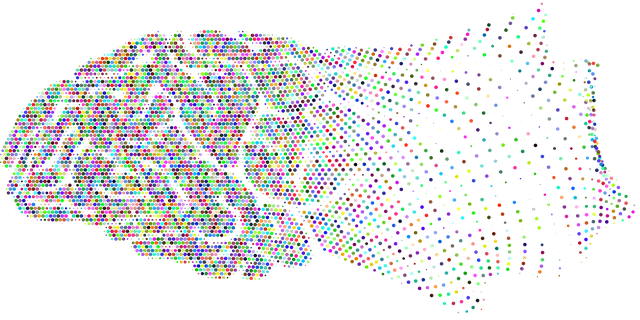Mental wellness is a multifaceted aspect that greatly influences daily life and relationships, requiring a holistic approach. Therapy for relationship issues goes beyond conflict resolution by teaching effective coping skills and stress management techniques, strengthening communication and connection building. This process, facilitated in safe, non-judgmental spaces, promotes self-awareness, enhances emotional well-being, reduces anxiety, and improves satisfaction with relationships. Prioritizing self-care practices like mindfulness, social connections, and seeking therapy when needed are crucial for long-term mental wellness.
Mental wellness is a cornerstone of overall health, deeply influencing our relationships and interactions. In today’s fast-paced world, understanding and promoting mental wellness is more crucial than ever. This article explores the intricate link between mental wellness and interpersonal connections, delving into how therapy plays a pivotal role in addressing relationship issues. We’ll uncover practical strategies for cultivating mental health in everyday life, emphasizing the importance of self-care and professional support. By embracing these insights, we can foster stronger bonds and lead more fulfilling lives.
- Understanding Mental Wellness and Its Impact on Relationships
- The Role of Therapy in Addressing Relationship Issues
- Strategies for Promoting Mental Health in Everyday Life
Understanding Mental Wellness and Its Impact on Relationships

Mental wellness is a crucial aspect that significantly influences our daily lives and relationships. It involves emotional, psychological, and social well-being, impacting how we connect with others and navigate through life’s challenges. Understanding mental wellness means recognizing its various dimensions, such as resilience, self-awareness, and healthy coping mechanisms. These factors play a pivotal role in fostering strong and positive relationships.
When individuals struggle with their mental health, it can manifest in different ways, affecting communication and conflict resolution within relationships. Seeking therapy for relationship issues is not just about fixing problems; it’s also about learning effective coping skills and conflict resolution techniques. This process equips people with tools to manage stress, improve communication, and build healthier connections, which are essential components of a comprehensive risk management planning strategy for mental health professionals.
The Role of Therapy in Addressing Relationship Issues

Therapy plays a pivotal role in addressing relationship issues by providing individuals with a safe and non-judgmental space to explore their feelings and behaviors. Through psychotherapy, people can gain insights into their interpersonal dynamics, identify unhealthy patterns, and develop effective coping strategies. This process often involves improving self-esteem, which is crucial for building and maintaining healthy relationships.
Therapy offers techniques to enhance communication, resolve conflicts, and foster empathy, thereby reducing anxiety and promoting emotional well-being. By learning new ways to navigate interactions, individuals can better manage relationship challenges and improve their overall satisfaction with connections they form. This support is vital, especially when dealing with complex issues, as it empowers people to make positive changes in their lives.
Strategies for Promoting Mental Health in Everyday Life

Promoting mental wellness in everyday life involves a combination of self-care practices and supportive environments. One effective strategy is to prioritize self-awareness exercises. Taking time to reflect on your thoughts, emotions, and behaviors can help identify triggers for stress or anxiety and promote healthier coping mechanisms. Regular practice of mindfulness, meditation, or journaling can significantly enhance mental resilience and overall well-being.
Additionally, fostering strong social connections and seeking therapy for relationship issues when needed plays a crucial role in maintaining good mental health. Building resilience through supportive relationships enables individuals to navigate challenges more effectively. Engaging in activities that foster a sense of belonging and community can also help prevent burnout, a common symptom of prolonged stress. Encouraging open conversations about mental health and seeking professional help when necessary are key components for sustaining long-term mental wellness.
Mental wellness is a cornerstone of overall health, deeply affecting our relationships and daily lives. By understanding the impact of mental health on our interactions, we can better utilize tools like therapy for relationship issues, fostering healthier connections. Integrating strategies to promote mental health into our everyday routines enables us to navigate life’s challenges with resilience. Through these combined approaches, we not only strengthen personal well-being but also create a more supportive and connected society.














